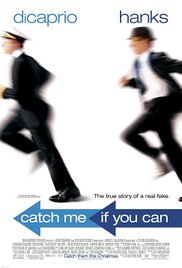hablo lo inglés matao
hablo lo español matao
no sé leer ninguno bien
so it is, spanglish to matao
what i digo
¡ay, virgen, yo no sé hablar!
–Tato Laviera, “my graduation speech”
When I applied for a job at Breakthrough Collaborative in Santa Fe, I thought teaching writing for a nonprofit would be a chance to do what I love and also do some good. After three years of majoring in English at Drake University, I had only completed work in my field of interest during the school year—tutoring college students in my university’s writing workshop and helping elementary and middle school students practice their English while I was in Spain. Perhaps as a consequence, I still had no idea what I wanted to do with an English degree. As I grew closer and closer to graduating, I became increasingly nervous about finding a purpose. It didn’t help that my major seemed to be the butt of every joke. In Spain, when I told a cab driver I was studying English, he said, “Ah,” as if he now understood that I was suffering from a grave predicament. He turned to me confidentially and said, “Estás estudiando tu propia lengua.” Listening to John Mulaney on Netflix, I heard something similar, as he cracked a series of jokes about obtaining a four-year degree “in a language I already spoke.” In the words of Princeton, a singing puppet down on his luck in Avenue Q, “What do you do with a B.A. in English?” I hoped teaching would be my answer, so I could finally have a sense of direction. Continue reading “My Graduation Speech by Abi Grimminger”

